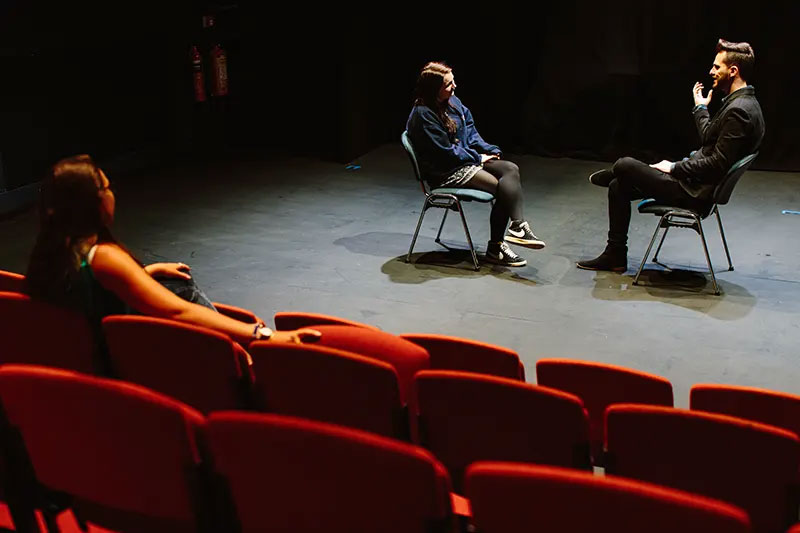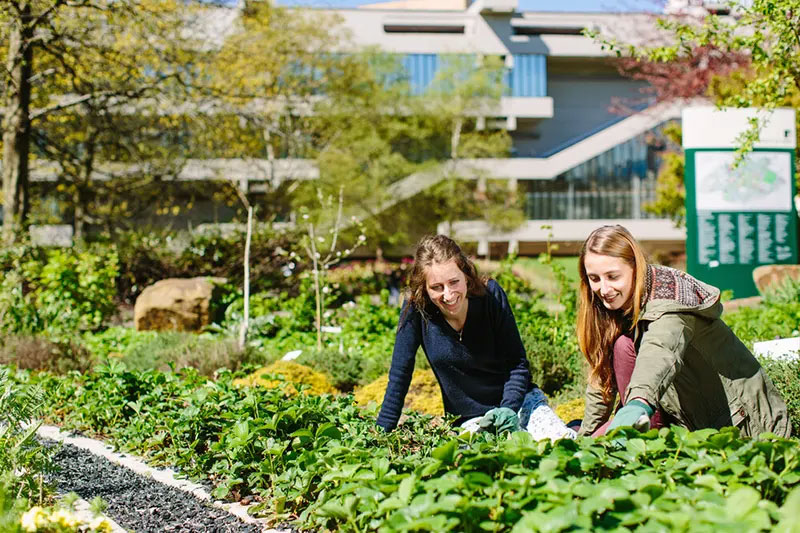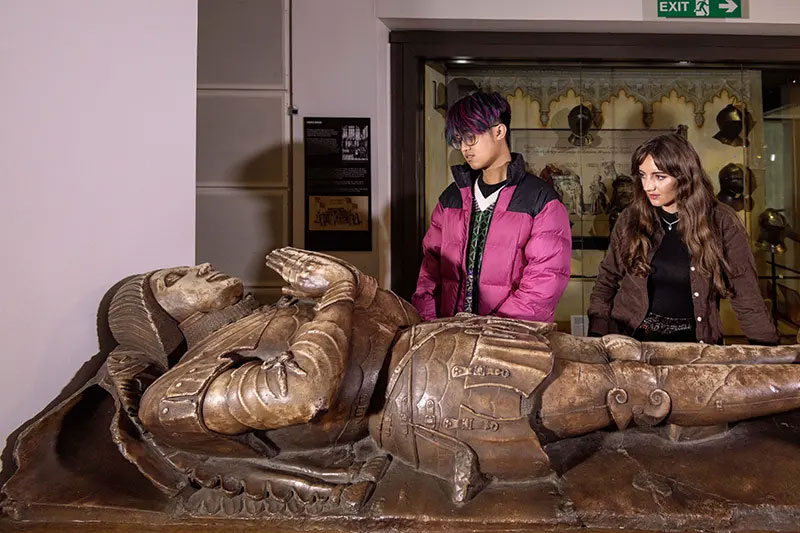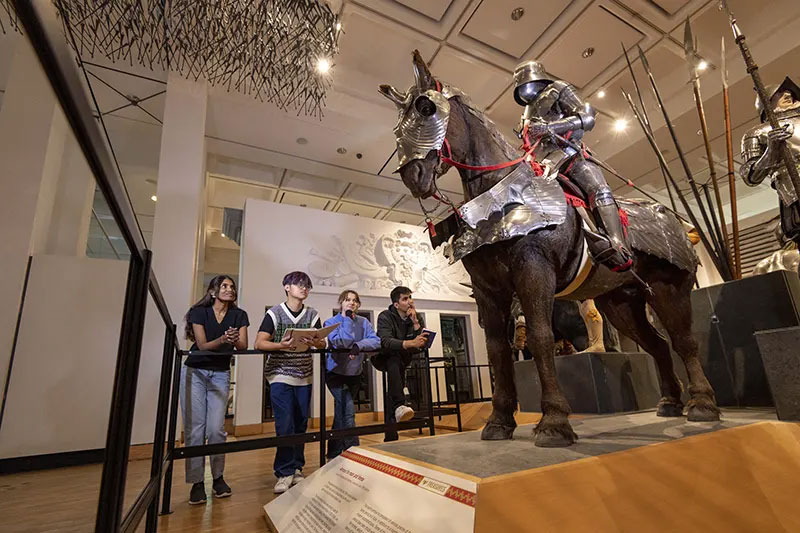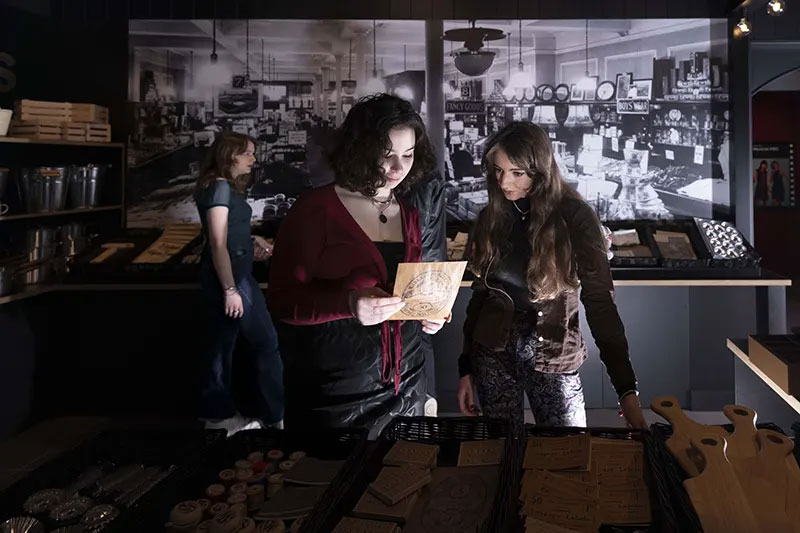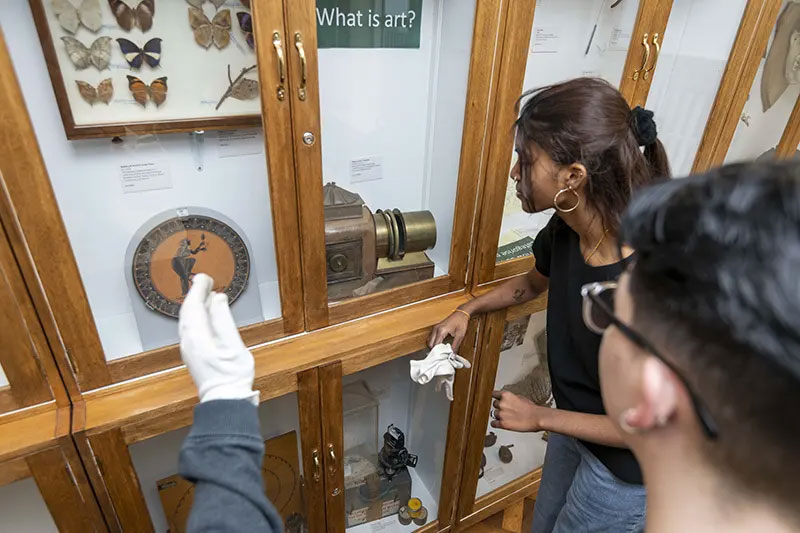Science influences every conceivable facet of modern life, from what we eat, to how we talk, and when we die. But how did we get here? And what does it all mean for where we go next?
This Masters course examines scientific knowledge and its medical and technological applications. You'll acquire a critical and analytical understanding of how science has developed, as well as how it has shaped the world we live in.
You'll be trained in research methods that are specific to history and the humanities, to develop narrative communication skills, and to critically analyse scientific knowledge production. You'll also examine the big debates in the development and curation of science.
You'll also have access to our excellent libraries and archives. In the Brotherton Library, our Special Collections include Newton's Principia, a first edition of his Opticks plus rare books and journals from the 16th century onwards on topics such as astronomy, botany, medicine, physiology, chemistry, inventions and alchemy. You'll also be able to explore the objects in our Museum of the History of Science, Technology and Medicine.
We specialise in post 17th century History, and enjoy close links with our partner centres in the School of Philosophy, Religion and History of Science, as well as other disciplines at the University. Our blog showcases our expertise across diverse topics including history of midwifery, medical humanities, history of genetics, scientific explanation, history of electricity, philosophy of biology, science and religion, history of science communication, history of psychiatry and self-help, history of visual culture in medicine.
Our busy Research Centre hosts regular seminars given by visiting speakers, staff members and doctoral students and which all postgraduate students are encouraged to attend. We regularly host national and international conferences and workshops. There are also reading groups on a wide range of topics such as climate change, history of technology, science policy, history of biology and even science fiction. Our lively postgraduate community organises a variety of meetings and joint projects, as well as engaging with local schools and partner institutions. You can even help to curate our in-house Museum of History of Science, Technology and Medicine or adjudicate our annual 'HPS in 20 objects' essay competition.












